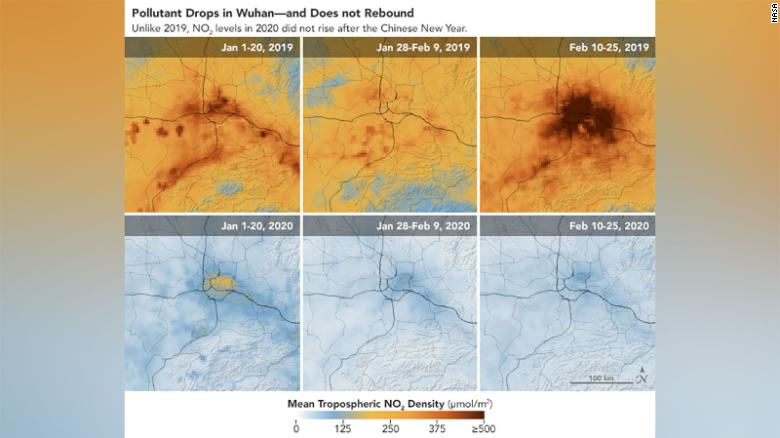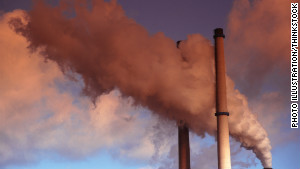Hello fellow bloggers, today I am going to talk about something very pressing in the world. The coronavirus is all the talk, so in an attempt to further expand the growing knowledge of the virus, I am going to talk about a predicted effect that is rarely reported as one of the positives to take away when discussing the virus. As lockdowns shut downtowns and cities, all domestic travel has halted dramatically and so has the byproduct of these shutdowns are declining in the amount of pollution. Since the amount of pollution China produces in some cities is extremely high, a researcher from Stanford, predicted the number of premature deaths saved from the coronavirus out masked the number of people who died from it. In a study done by Marshall Burke, an assistant professor at Stanford’s Department of Earth System Science, he stated that better air quality from the outbreak could have saved between 50,000 and 75,000 people from dying prematurely. These numbers are concluded after a 30-year study in air quality and death rates in cities around the world. Although these numbers can never be tested, one thing is for sure, the amount of clean air days in China has boomed, and the change in pollution before and after the outbreak can be seen from space.

As shown in the image above you can visualize the number of pollutants going into the air in China in one major city compared to the pollutants created from the year prior. This drastic decrease in pollution mirrors a life without heavy pollution and should inspire reflection on how efficient travel in countries could severely decrease the amount of pollution a city experiences. With the virus in the United States and spread around to the largest nations, a world-wide decrease in pollutants in the air can be measured, and may help us understand the importance of cutting down our pollutants for the sake of the planet.

When dealing with the effects of the outbreak we are experiencing economic turmoil and social isolation in the name of public health. An overarching point of this blog is to realize the true effects of this outbreak expand greater than what reaches the eye and how the huge decrease in pollution is a little victory we can appreciate. For everyone reading this blog, I hope you are well and stay safe, do not stress about the little things. Have a great week.